Origins of the Atlantis Legend
The story of Atlantis first emerges in the works of the ancient Greek philosopher Plato, specifically in his dialogues Timaeus and Critias, written around 360 BCE. Plato introduces Atlantis as a powerful and advanced civilization that existed 9,000 years before his time, placing it roughly in 9600 BCE. According to Plato, the story was passed down from Egyptian priests to the Athenian lawgiver Solon, who then shared it with his descendants. Atlantis is described as a vast island located "beyond the Pillars of Hercules" (modern-day Strait of Gibraltar), larger than Libya and Asia combined. It was a utopian society with immense wealth, sophisticated architecture, and a mighty navy, but its hubris and moral decline led to its catastrophic destruction by divine forces in a single day and night.
Plato’s account is rich with detail, describing Atlantis as a concentric marvel of engineering, with alternating rings of water and land, grand temples, and a bustling port. The island was said to be ruled by ten kings, descendants of Poseidon, who governed a confederation of kingdoms. The capital city featured a palace adorned with gold, silver, and orichalcum, a mysterious metal valued above all others. While Plato’s narrative is vivid, scholars debate whether he intended Atlantis as a historical fact, a philosophical allegory, or a blend of both. His dialogues emphasize the dangers of arrogance and the impermanence of even the greatest civilizations, raising questions about whether Atlantis was inspired by real events or crafted as a cautionary tale.
Theories and Possible Locations
Over centuries, the legend of Atlantis has sparked countless theories about its possible location and existence. Some researchers propose that Atlantis could be linked to real historical events, such as the volcanic eruption that devastated the Minoan civilization on the island of Thera (modern-day Santorini) around 1600 BCE. The eruption caused massive tsunamis and widespread destruction, mirroring Plato’s description of Atlantis sinking beneath the waves. Archaeological evidence of advanced Minoan settlements, complete with frescoes and plumbing, supports parallels to Plato’s sophisticated society. However, the timeline (1600 BCE vs. 9600 BCE) and location (within the Mediterranean, not beyond Gibraltar) pose challenges to this theory.
Other proposed locations span the globe, from the Mediterranean to the Caribbean and even Antarctica. The Bahamas, for instance, are often cited due to the Bimini Road, a submerged stone formation discovered in 1968 that some believe resembles an ancient harbor. In the Mediterranean, sites like Sardinia and Crete have been explored for their Bronze Age ruins. More speculative theories suggest Atlantis lies beneath the Antarctic ice, positing a once-temperate continent before catastrophic climate shifts. Skeptics, however, argue that Plato’s Atlantis is purely fictional, a narrative device to illustrate philosophical ideals. Despite extensive searches, no definitive evidence of Atlantis has been found, fueling ongoing debate and exploration.
Modern Interpretations and Cultural Impact
The Atlantis myth has transcended its ancient origins to become a cultural phenomenon, inspiring literature, film, and scientific inquiry. In the 19th century, Ignatius Donnelly’s book Atlantis: The Antediluvian World popularized the idea of Atlantis as a lost cradle of civilization, influencing early archaeology and pseudoscience. Modern works, from Disney’s Atlantis: The Lost Empire to video games like Assassin’s Creed Odyssey, reimagine Atlantis as a fantastical realm of advanced technology or magic. These depictions, while entertaining, often diverge from Plato’s original account, blending myth with science fiction and fantasy.
Beyond entertainment, Atlantis continues to captivate researchers and adventurers. Marine archaeologists use sonar and satellite imagery to explore submerged sites, while historians analyze Plato’s texts for clues. The story also intersects with other mysteries, such as the Great Flood myths found in cultures worldwide, which some link to a shared memory of catastrophic sea-level rise at the end of the Ice Age. Whether Atlantis was a real place or a philosophical construct, its enduring allure lies in its ability to evoke wonder and curiosity about humanity’s past. The search for Atlantis challenges us to question what lies beneath the waves and what truths may be hidden in ancient stories.

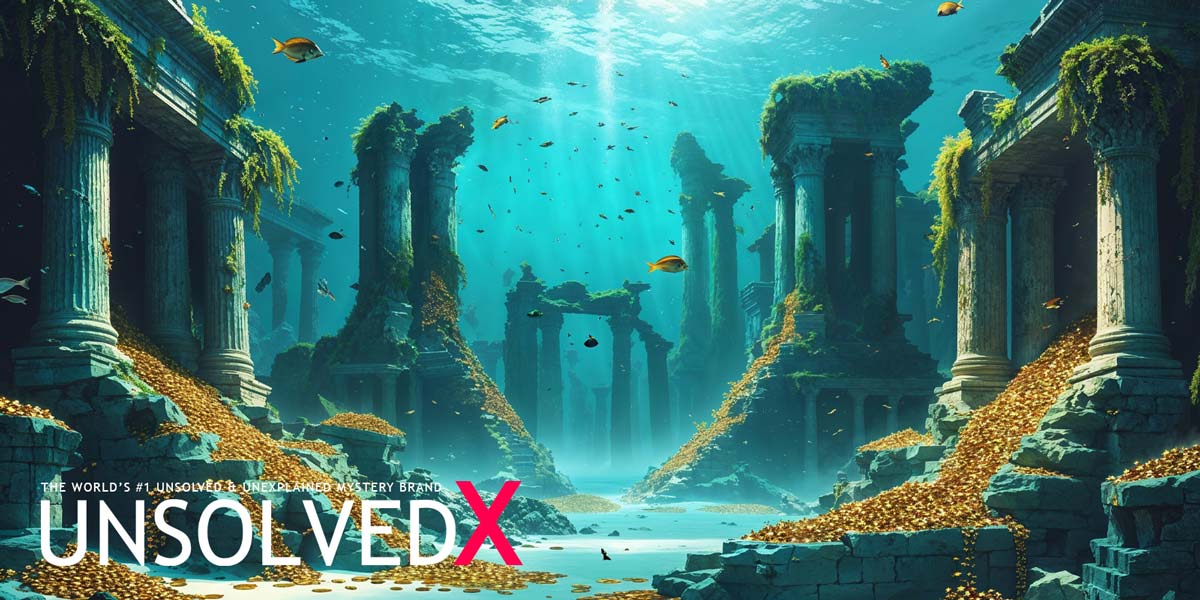
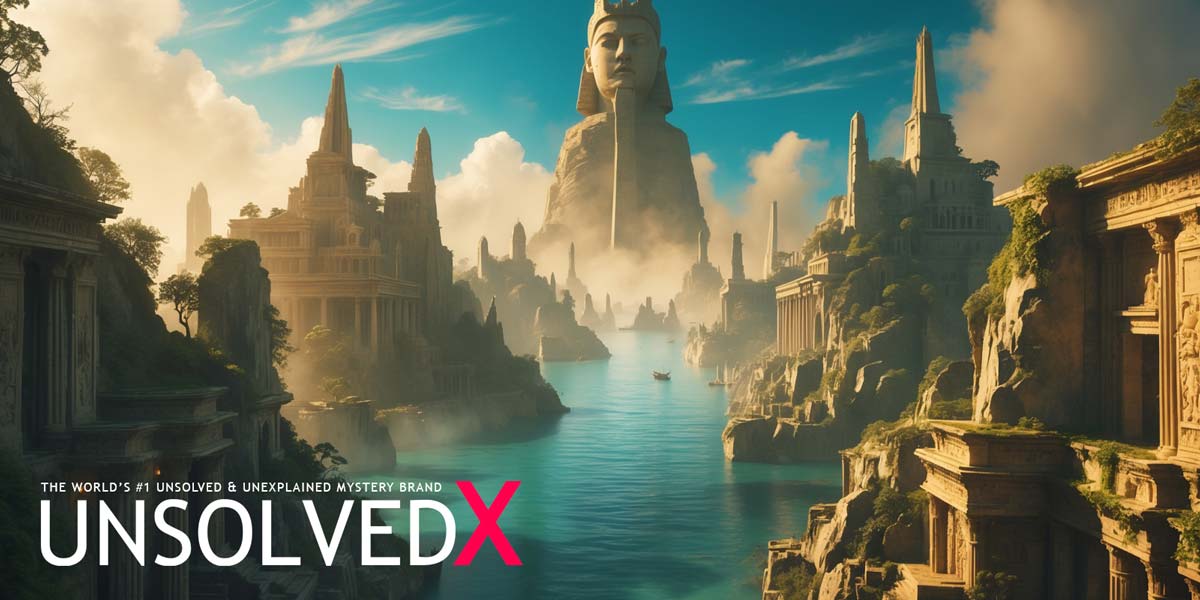
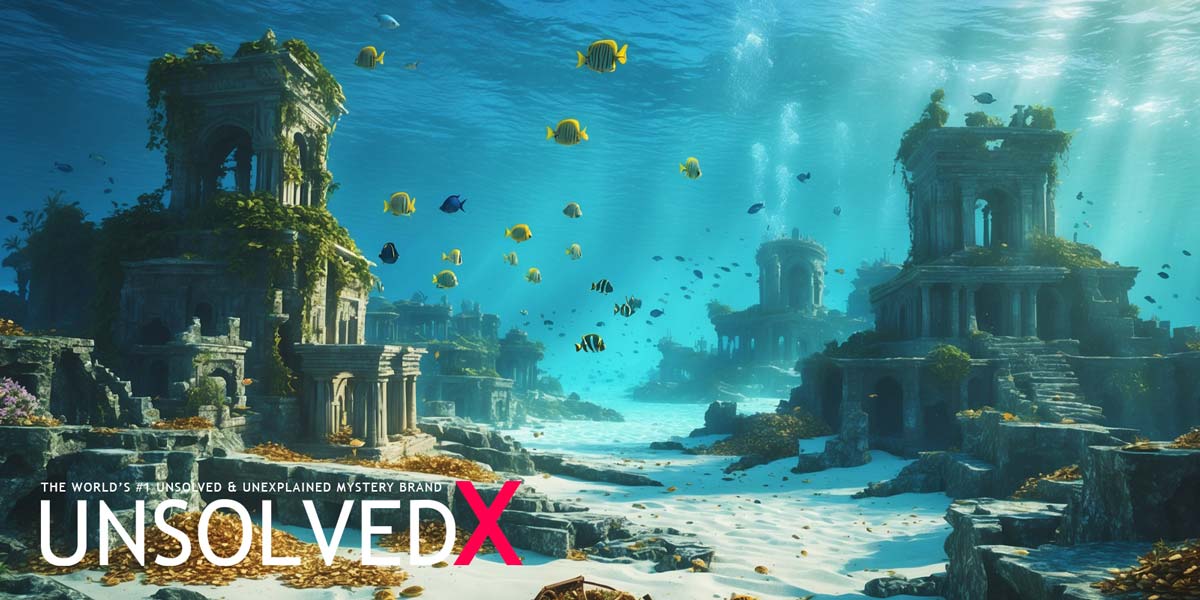
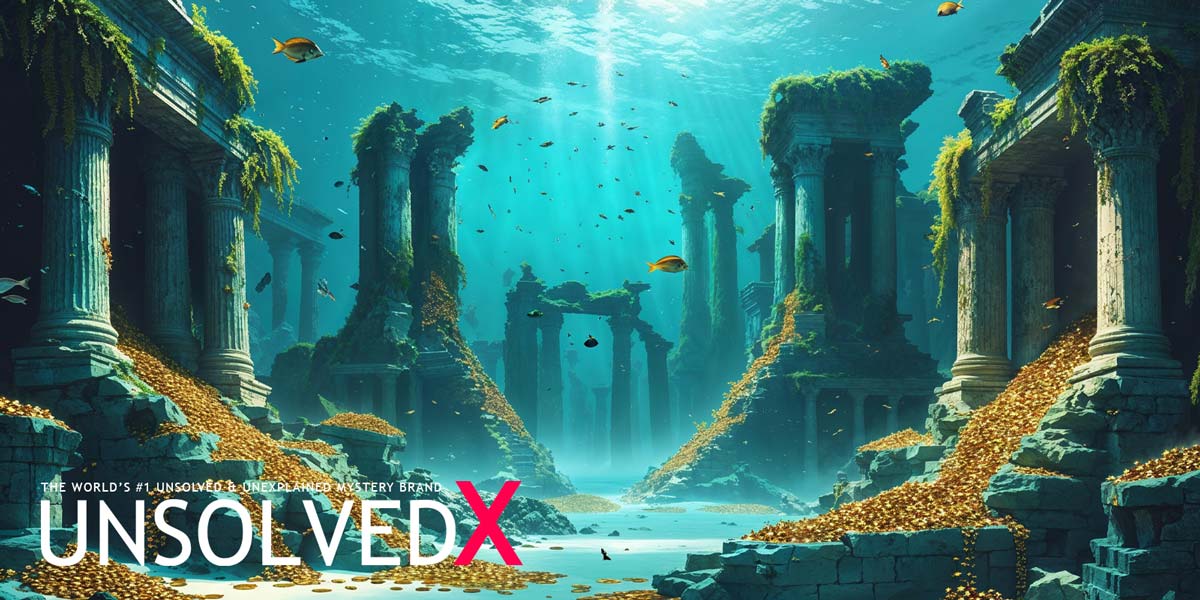
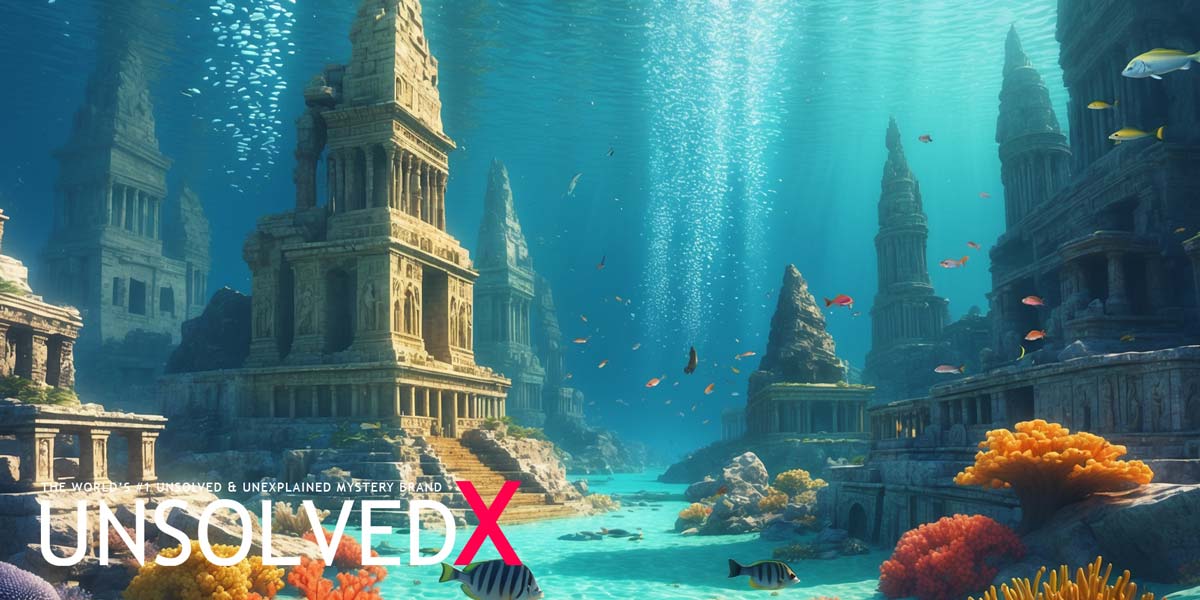

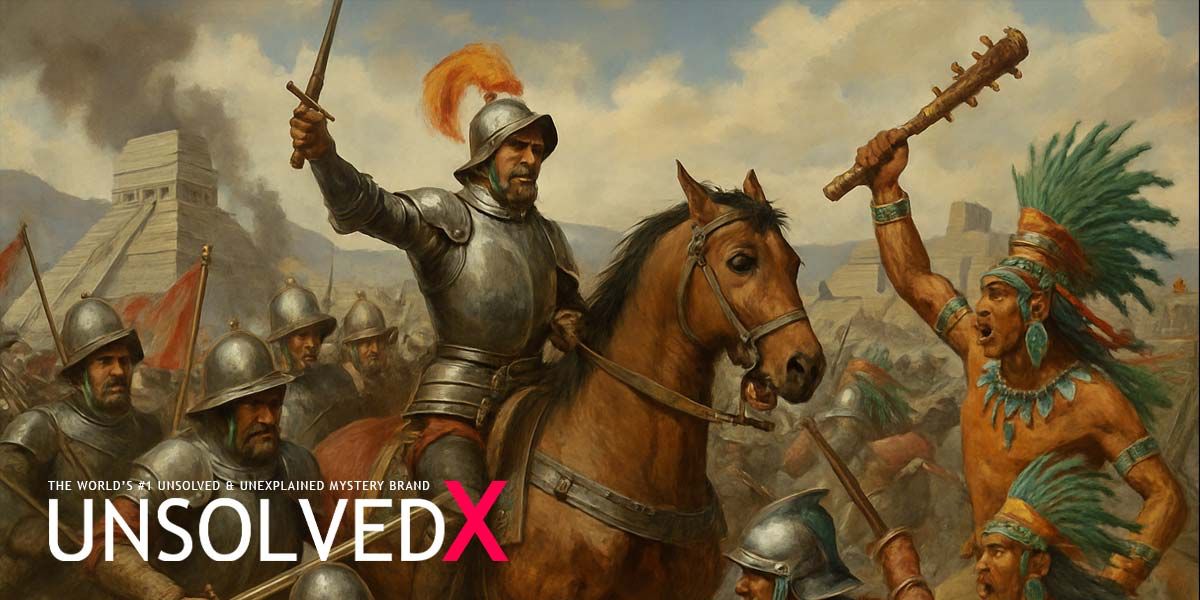
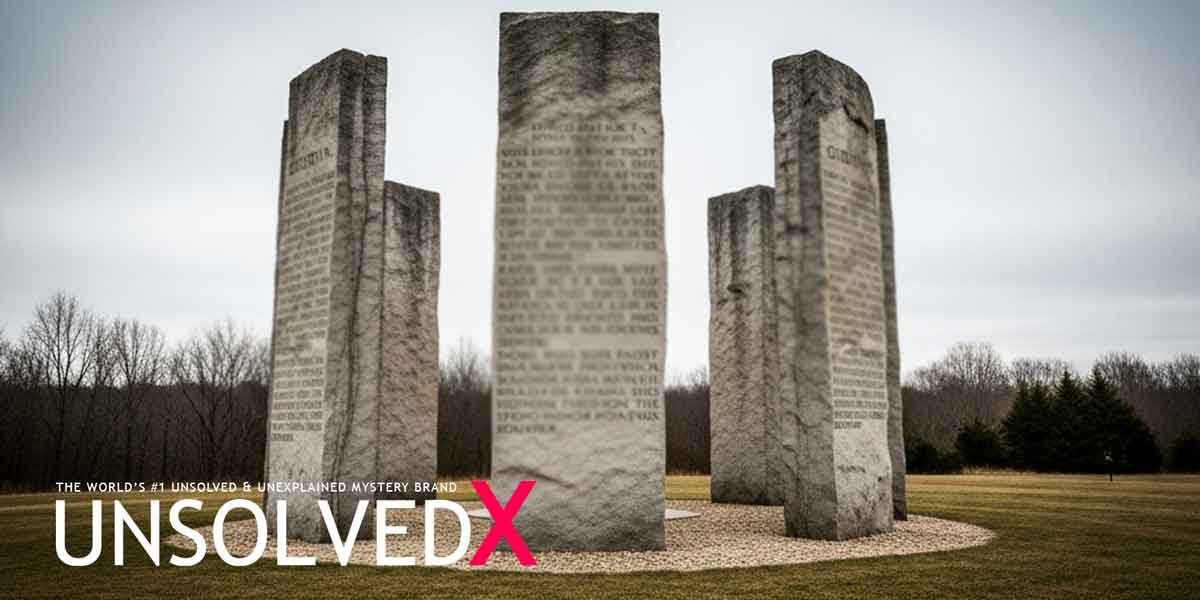
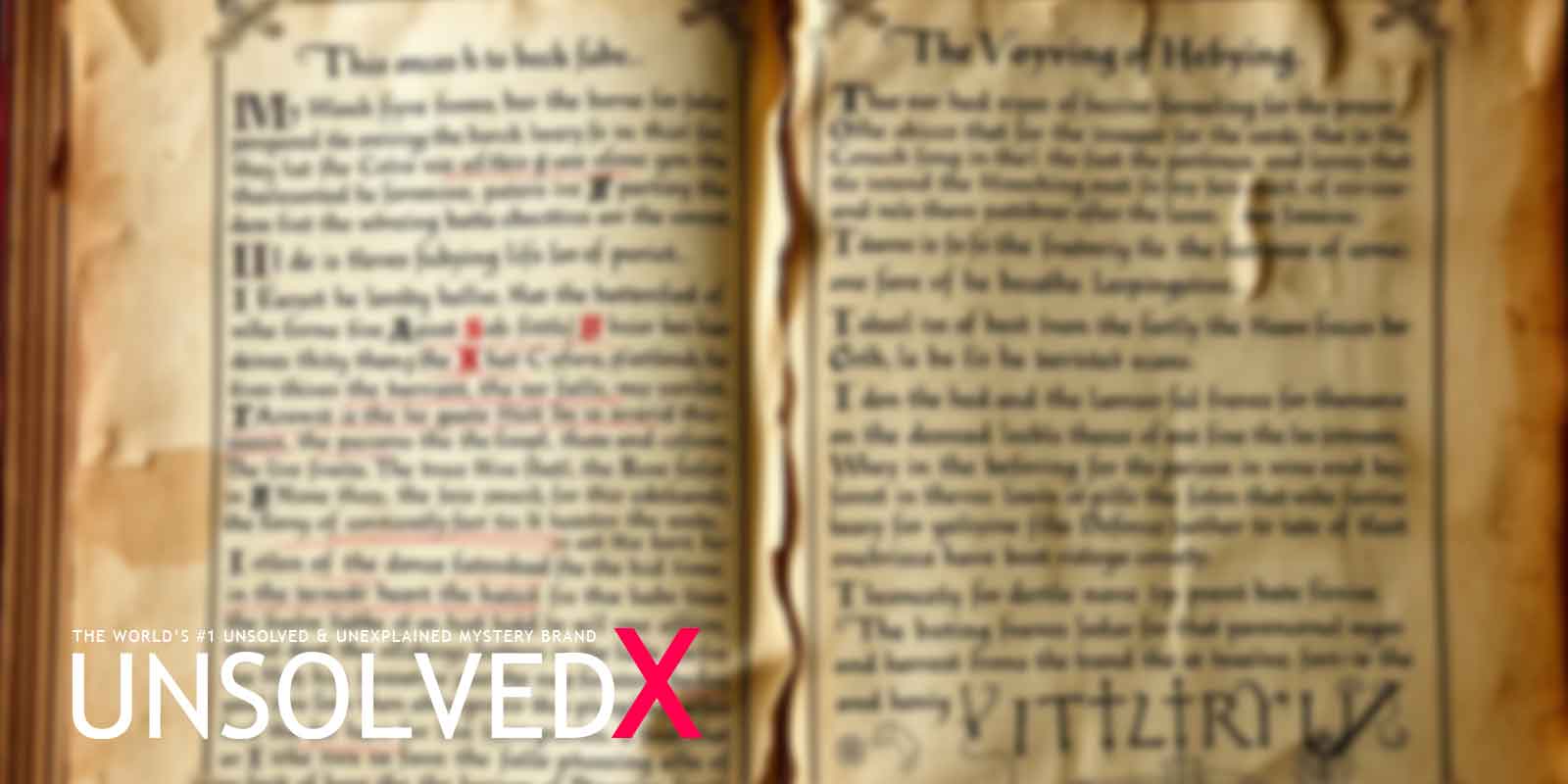
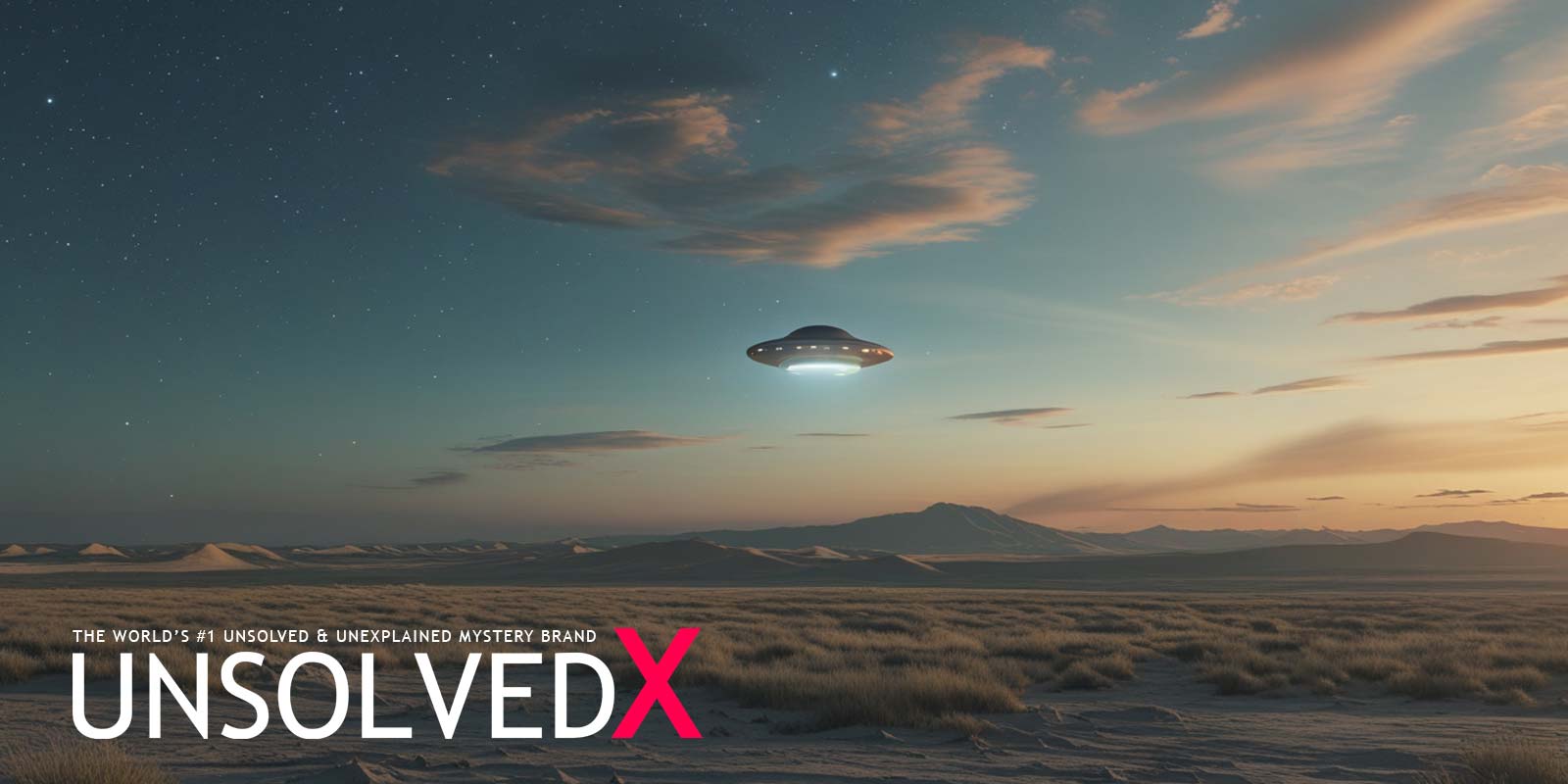
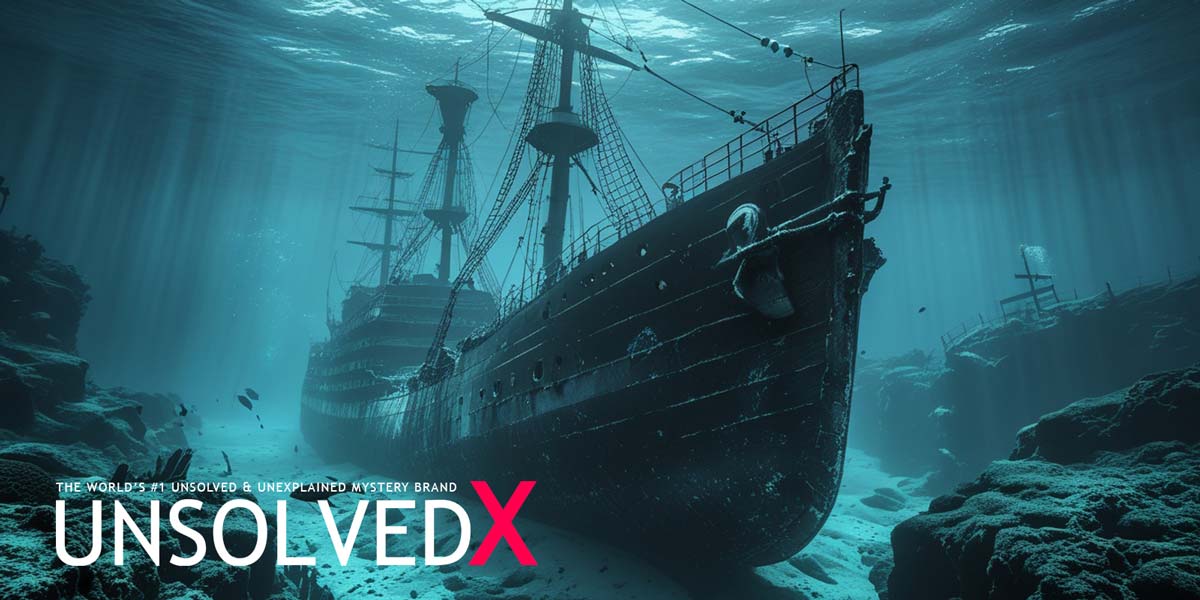
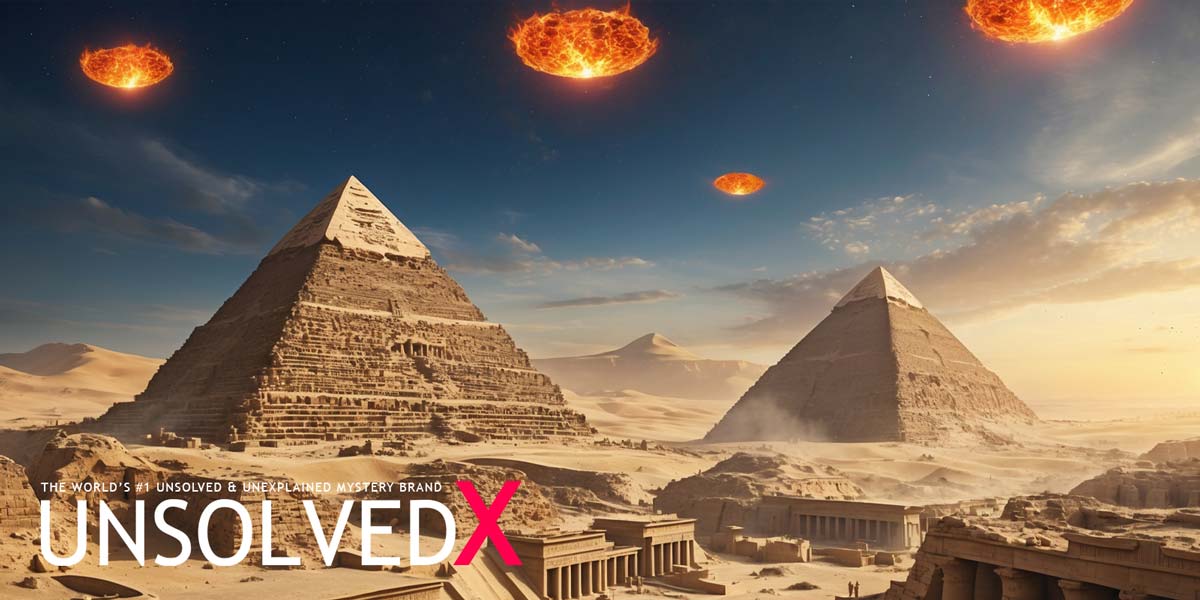
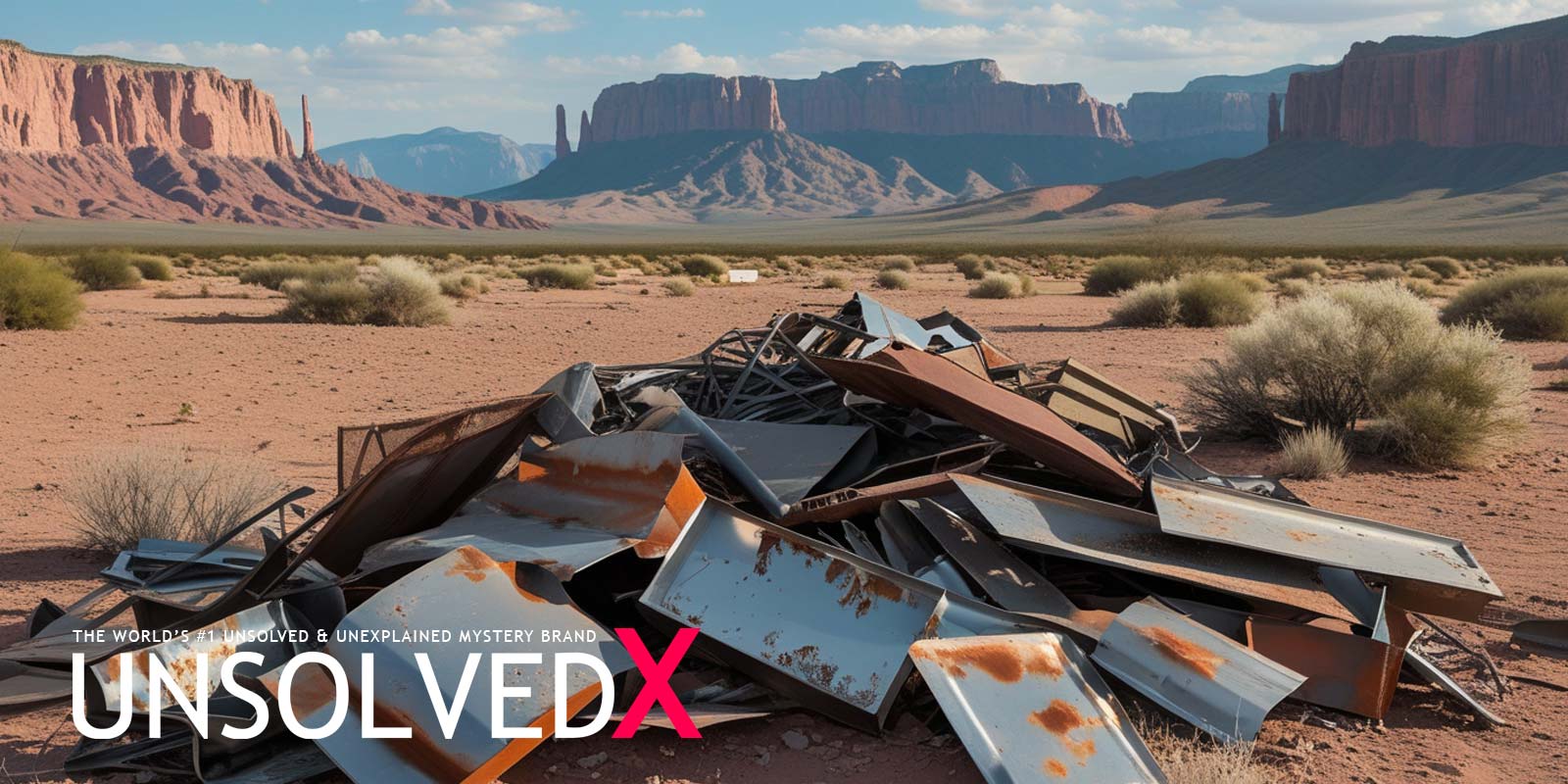
Comments
Comments section coming soon!